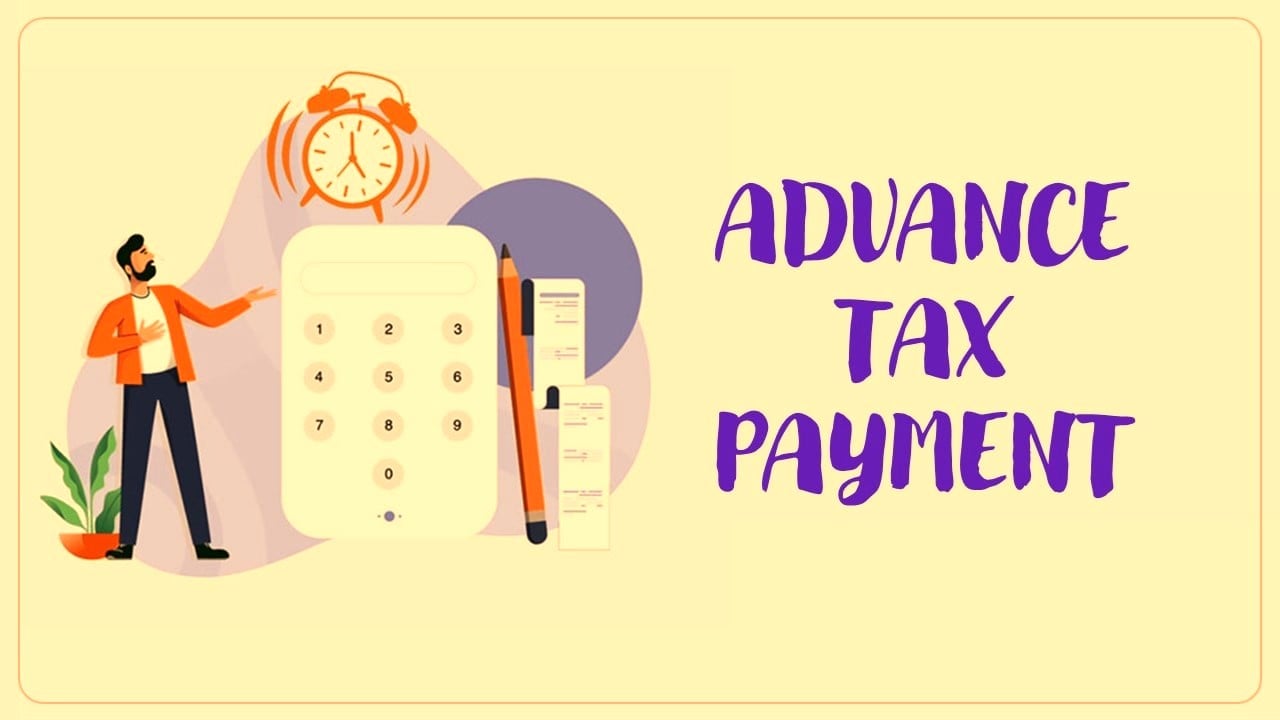If you recently you inherited a property and are weighing the pros and cons of selling it, you should consider the possibility of having to pay capital gains taxes on its sale. Fortunately, there are ways you can avoid paying taxes on inherited property.
Inheriting property can cause some issues for recipients regarding capital gains taxes. If you want to avoid capital gains taxes, you can sell the property immediately for its fair market value. Inheritance recipients can also make the inherited property their primary residence, avoiding the process of selling it and paying capital gains taxes. You might also choose to rent out the inherited property, earning money in the process. Inheritance recipients also avoid or minimize capital gains taxes by disclaiming inherited properties or deducting closing costs from the sale of those properties.
To learn more about avoiding capital gains taxes on inherited property, call the tax CPAs at US Tax Help today at (541) 362-9127.
How Can I Avoid Capital Gains Tax on Inherited Property?
There are four ways you can avoid capital gains tax on an inherited property. You can sell it right away, live there and make it your primary residence, rent it out to tenants, or disclaim the inherited property. You might also be able to reduce the capital gains from the sale of inherited property by deducting closing costs.
Make the Inherited Property Your Primary Residence
If you inherit property from a loved one and live in it for a certain period of time before selling it, you might be able to avoid some or all of the capital gains imposed on a future sale. The IRS allows single taxpayers that make an inherited property their primary residence for at least two years of the five years preceding the sale of the property to exclude up to $250,000 of the capital gains from the sale. For joint filers, the exclusion is $500,000. Depending on the property’s value, this exclusion might enable you to avoid capital gains taxes on the sale of inherited property entirely.
Sell the Inherited Property Immediately
Capital gains taxes can take affect if retain the inherited property for even a short time before selling it. If you sell the inherited property immediately at its fair market value, you will not have to pay even short-term capital gains taxes on the sale. If you wish to take this route, it is important to consult our tax CPAs immediately. If you retain the inherited property and do not sell it immediately, you might have to pay short-term capital gains taxes on the sale. Even waiting a year to sell the inherited property will result in long-term capital gains taxes being applied to the sale.
Rent Out the Inherited Property
Another way to avoid capital gains taxes on inherited property is to rent it out. This can allow you to keep the property and turn it into a money-generating venture. People renting out inherited properties can retain them for years without selling them. If you want to sell an inherited property in the future and use those funds to buy another rental property, you can defer capital gains taxes through a 1031 tax-deferred exchange. If you sell the rental property and do not use the funds from the sale to purchase another, you will have to pay capital gains taxes on the sale.
Disclaim the Inherited Property
If you don’t want to deal with selling an inherited property or incurring capital gains taxes on its sale, you can choose to disclaim your inheritance or a portion of it. If you do this, there is no going back, so make sure you do not want to inherit the property before disclaiming it. Disclaiming an inheritance means you won’t receive it, won’t have to sell it, and won’t have to pay any capital gains taxes.
Deduct Closing Costs from the Capital Gains
You might be able to reduce the capital gains from the sale of inherited property by deducting closing costs. Suppose you sold a property for more than its fair market value but spent a considerable amount of money preparing it for sale. In that case, you may be able to deduct closing costs from the gains from the sale, minimizing your tax liability on inherited property.
When Are Capital Gains Taxes Imposed on Inherited Property?
If you inherit property from a loved one, you won’t be taxed on the inheritance. But, if you sell that property for a large sum, you might incur either short-term or long-term capital gains taxes on the sale.
Short-term capital gains are applied in situations where a person holds property for less than a year before selling it. Short-term capital gains are typically more costly than long-term capital gains and are calculated according to a seller’s income. Short-term capital gains might be anywhere from 10% to 37% of the earnings from a sale.
Long-term capital gains are often less expensive. These taxes are applied when a person has retained an inherited property for longer than a year before selling it. Capital gains taxes equate to 0% to 20% of the earnings from a sale, depending on the seller’s income.
Regarding inherited assets as a whole, the recipient is never taxed on the transfer. Instead, the inheritor’s estate will pay any necessary inheritance tax. Recipients of inherited property are usually only taxed when they sell their property.
A capital gain is when an asset or property is sold more than the adjusted basis. This means that recipients of inheritances might have a capital gain if they sell any inherited asset, including jewelry, real estate, stocks or bonds, or other types of personal property.
Call Us for Tax Guidance Today
Call our tax CPAs for guidance on dealing with inherited properties today at (541) 362-9127.




